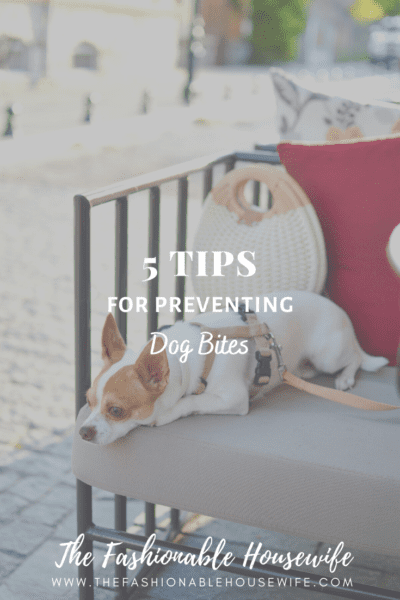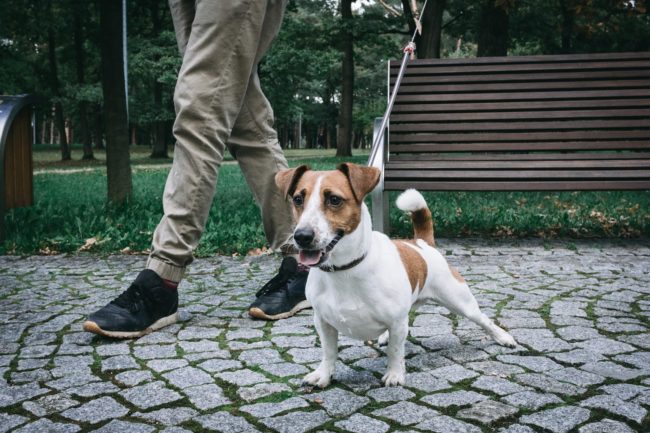
As a woman and dog-lover, the thought of myself, my children, or my loved ones being attacked by a dog is something that only happens in nightmares. However, dog bites happen more often than you would like to know. It’s important to know how to protect yourself as well as understand your legal rights if you or a family member have sustained an injury from a dog bite.
Here are a few simple things that you can do to protect yourself and your loved ones from dog bites.
First, remember that all dogs bite. From chihuahuas to german shepherds, to pitbulls – all dogs bite. Do not let your guard down just because a dog is small, as small dogs can still cause significant damage when they bite.
Second, be aware of your surroundings. Steer clear of dogs that appear to be aggressive in your neighborhood, and if you are entering a new friend’s home where there are dogs, be sure to give the dogs time and space when you enter their territory. Do not let your children run into a home with a strange dog and catch the dog off guard. This will help prevent unnecessary dog bites.
Third, pay attention to body language. It is important to pay attention to the body language of a dog that you are approaching. If the dog growls, shows its teeth, becomes stiff, or has hair standing up on its back – these are all signs that the dog is feeling threatened by you. When this happens, remain calm and be assertive with the dog as you remove yourself from the interaction. Look at the dog’s behavior and do not try to approach or pick up a dog that appears to be threatened unless you like dog bites!
Fourth, respect boundaries. Many dog owners know their dog has aggressive tendencies and will take action to keep their dog away from humans and other dogs. If a dog is restrained on a leash, behind a fence, or intentionally locked away in a social setting, it is important that you respect the boundaries that the dog’s owner put in place to protect you from dog bites. Do not let the dog out without its owner’s consent and take cues from the owner. Remember, no matter how much you may love dogs, all dogs bite – and the dog owner knows his or her dog best.
Last, teach your children all of the above. While children are not necessarily more likely than adults to be attacked by dogs, the damage when children are attacked is often more severe. We do not want our children to be afraid of dogs, however, it is important that we teach our children to be aware of dogs and respect boundaries. You can teach your children not to poke, pinch, or scratch dogs, even in a playful manner, so that they are less likely to irritate or make a dog feel threatened. You can also teach your children not to approach unfamiliar dogs and get into the good habit of asking the dog owner if the dog is friendly before approaching a new, unfamiliar dog. This is really important for preventing dog bites.

While all of these things can help protect you and your loved ones, sometimes dog attacks are unpredictable and unavoidable. If you find yourself or your loved one has been attacked by a dog, you should first seek medical treatment to prevent bleeding and infections from dog bites. Even if you think you do not require stitches, it is important that you get checked out by a medical professional to prevent potential serious infection.
Beyond medical treatment, dog attacks can have a lasting effect on the person bitten. In many cases, dog bites leave unattractive scars, and the experience of having been bitten by a dog can leave lasting impressions on a person’s mental health. Whether it be increased anxiety, fear of dogs, or lack of confidence, being bitten by a dog is something that a victim will carry with them for the rest of their life. Dog bites can be very traumatizing.
A lawyer that handles dog bite cases can help you recover money for the cost of medical expenses and the pain and suffering that you or your loved one faces after being attacked by a dog. A personal injury lawyer can take the necessary steps to ensure you are compensated for what you went through while you focus on healing from the traumatic experience.



